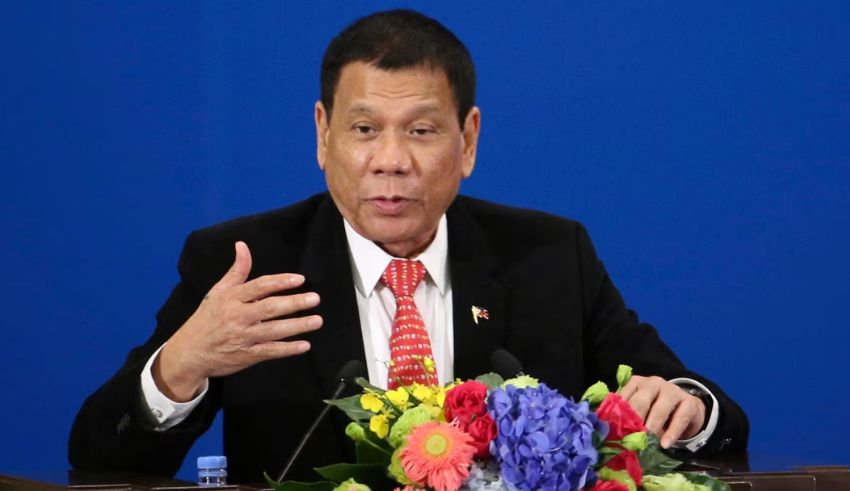
In the tapestry of human existence, a few threads stand out as bold and unyielding. Patricia Evangelista’s journey through the labyrinth of Duterte’s Philippines is one such thread, and her latest book, “Some People Need Killing,” is a tapestry of humanity in the face of adversity.
The New Yorker Radio Hour sat down with Evangelista for an intimate conversation, stripped of formality and filled with raw emotion. They delve into a world where resolute humanity meets the darkest of realities.
Evangelista’s career began in the grimmest of circumstances – as a trauma journalist, she ventured where most dared not tread. Her job was to witness the aftermath of death and destruction, to document the stories of survivors and submit her reports. Each story carried a piece of her soul, and she barely had time to breathe before the next catastrophe unfolded.
In 2016, Rodrigo Duterte stormed into the political scene with a narrative that defied convention. He promised a reign of death, delivered with words that left a nation stunned. He vowed that criminals’ corpses would feed the fish and that morticians would grow wealthy from the corpses. Evangelista’s description of Duterte’s campaign is a stark reminder that sometimes reality is stranger and more terrifying than fiction.
A Journey into Darkness: Duterte’s Inflammatory Language
Duterte was no ordinary politician; he was a maverick who reveled in breaking norms. He used profanity on national broadcasts, labeling prominent figures as sons of bitches, leaving a nation aghast. Evangelista’s vivid recounting of Duterte’s shocking remarks paints a picture of a leader who reveled in audacity. The narrative unfolded as Duterte demonized drug dealers and addicts, painting them as the epitome of evil, capable of unspeakable horrors. His language was a grotesque dance of incitement, appealing to a wide audience drawn to his audacious promises.
As Duterte took office, Evangelista and her colleagues at Rappler embarked on a relentless night shift, documenting the horror of extralegal killings. Armed with nothing but their commitment to the truth, they ventured into the heart of darkness. Evangelista paints a vivid picture of her night patrols – of stepping over bloodstains, of whispers and screams, and of families torn apart by violence.
Keep Reading
The Blood-Soaked Streets of Manila
The murders were more than just statistics; they were a reality that could not be ignored. Evangelista’s narrative captures the brutality and suffering with heartbreaking detail. She tells of police reports, body dumps, and public executions. It’s a landscape where life is cheap, and justice seems like a distant memory.
The toll of witnessing such atrocities is immeasurable. Evangelista admits that the nightmares and anxiety are her constant companions. The psychological burden is heavy, but she wrote her book, “Some People Need Killing,” as a way to cope and, perhaps, find some respite.
Duterte’s brutal tactics, to the surprise of many, enjoyed significant popularity within the Philippines. His narrative was compelling to a traumatized nation, leaving Evangelista to ponder the collective wounds that shaped her country. She paints a portrait of a people divided, unable to recognize their own nation.
Recently, Evangelista was advised to leave the Philippines due to security concerns. But she remains committed to returning, for home is where her heart, and the ongoing story of her nation, lies.


























